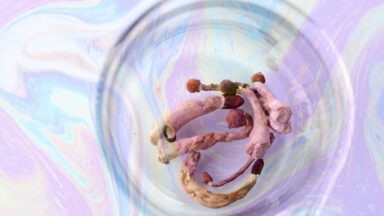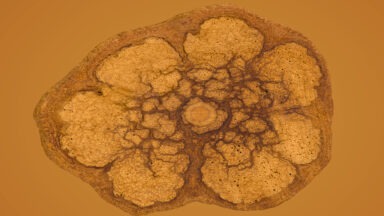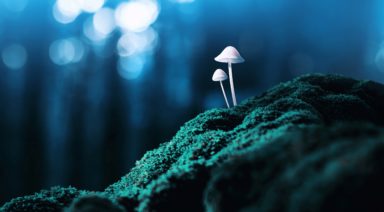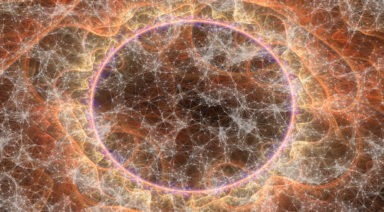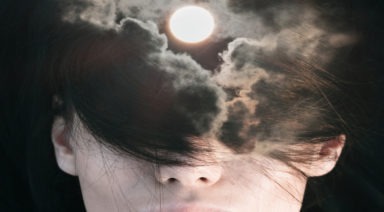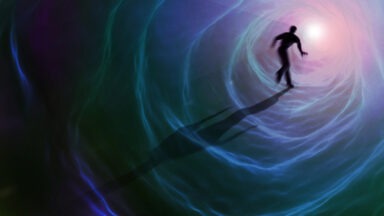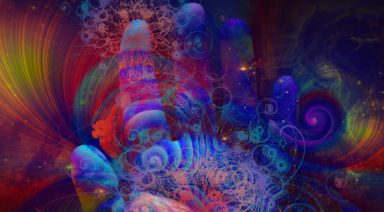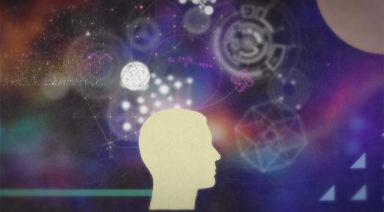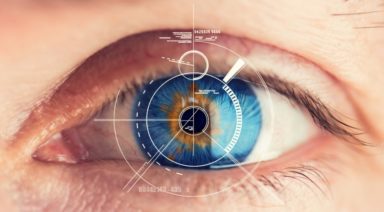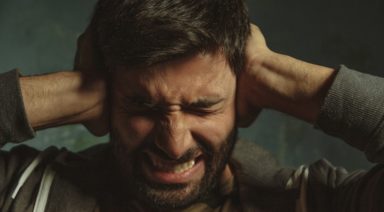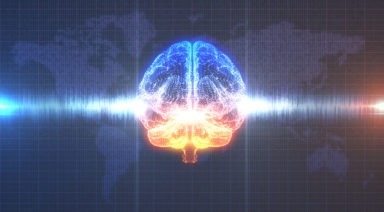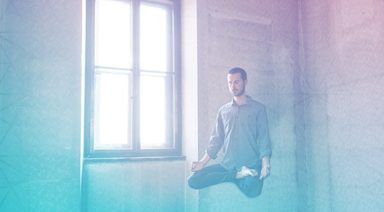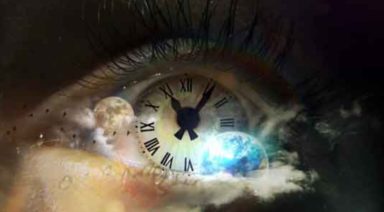Ketamine Therapy Proves Powerful For Treatment-Resistant Depression

A powerful FDA-approved anesthetic drug once used mainly in operating rooms and on the battlefield is quickly gaining ground as one of the most promising therapies for treatment-resistant mental health conditions.
First discovered as an anesthetic in the 1950s, ketamine has been used in the treatment of a wide range of physical conditions, especially pain management. Starting in the early 1970s, doctors began to find that it can also be very effective in alleviating mental health issues such as depression, anxiety, PTSD, and addiction. Today it is ever more frequently being studied and legally used as an off-label medication to manage conditions that are particularly resistant to treatment with conventional pharmaceuticals.
The latest in a series of recent studies has found that ketamine can quickly and dramatically decrease chronic and suicidal thoughts. Dr. Naveen Thomas is a psychiatrist who has been using ketamine in his practice for years.
“I and many of my colleagues have of course had tremendous success in using ketamine in people who are really suffering from depression. I’ve had a lot of success in treating people with Post-traumatic Stress Disorder,” Dr. Naveen said.
“And some of these folks have spent years and years doing absolutely the best they could using such a wide variety of the conventional treatments, be they various medication treatments, be they various forms of psychotherapy. We’ve seen really wonderful effects.”
Watch more:
Study Shows Microdosing Psilocybin Boosts Mood, Mental Health
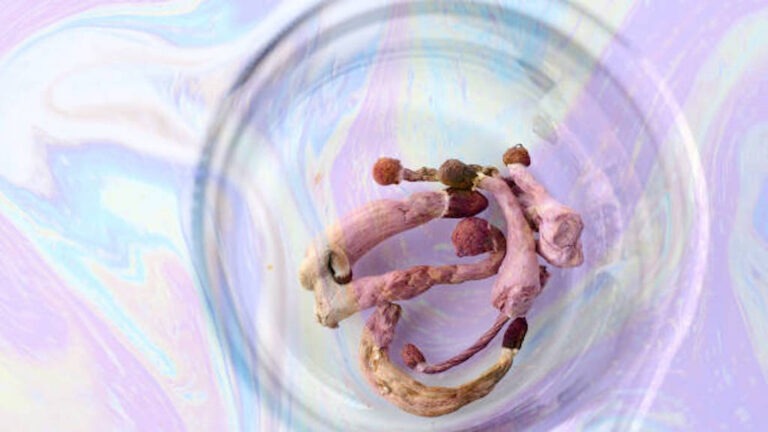
A new study provides the most compelling evidence to date on the impressive mental health benefits of microdosing psilocybin.
While there has been an ever-increasing number of studies showing the efficacy of treatment of mental health disorders with psychedelics, there has been relatively little research on the practice of microdosing.
Microdosing, or repeatedly taking small, barely perceptible amounts of psychedelics, has been exponentially increasing in popularity, with a wide range of people reporting a multitude of improvements to their psychological wellbeing.
The latest scientific study to look at the effects of microdosing was conducted by researchers at the University of British Columbia, as well as other leaders in the fields of psychology and mycology. The study followed 953 people who used small, repeated doses of psilocybin for about 30 days, as well as a control group who did not microdose.
While the exact dosages of psylocibin that participants self-administered varied somewhat, they were all low enough to not impact daily functioning.
Over a one-month period, participants took these psylocibin microdoses three to five times per week and were asked to complete a number of assessments through a smartphone app that tracked their mental health symptoms, mood, and measures of cognition. The findings definitively showed that the microdosing participants demonstrated greater improvements in mood and mental health than those in the non-microdosing control group.


